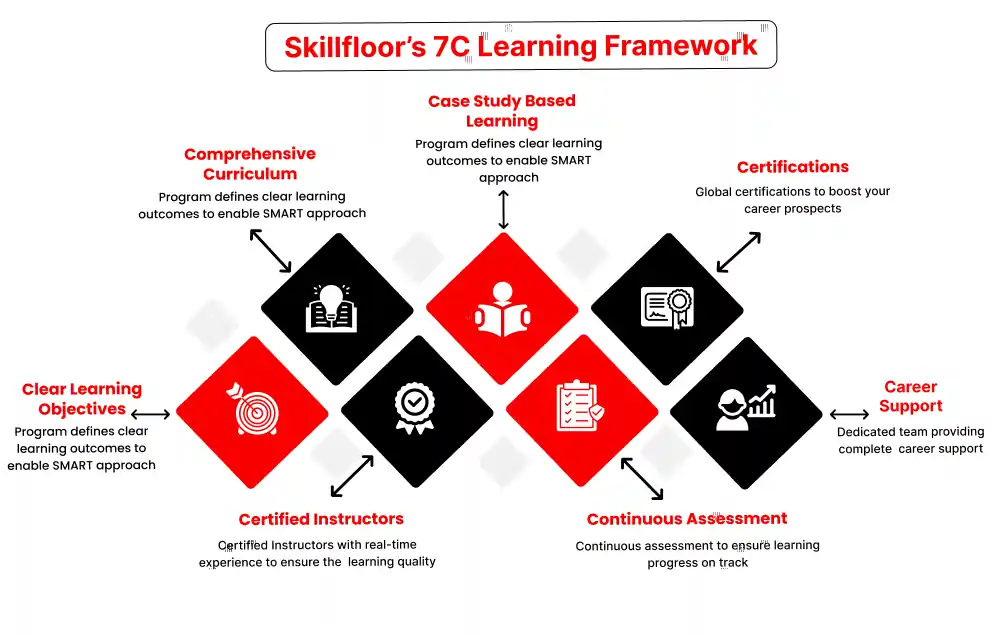Certified Machine Learning Professional
SF-AI-CMLP-1214
-

-
(295 Reviews)
- Career: Discover advancement in the constantly changing field of machine learning. Examine a variety of positions in AI development, predictive modelling, and data analysis.
- Skills: Develop your skills in model selection, evaluation of performance, and data preprocessing. Develop your Python, R, and machine learning library abilities.
- Internship: During a one-month internship, you can gain practical experience and hone your abilities under the direction of a professional.






















